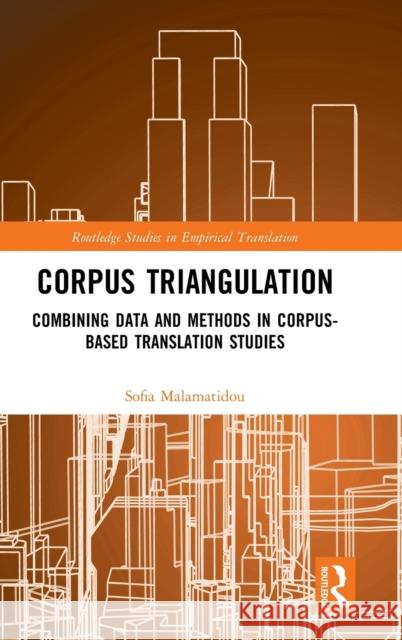Corpus Triangulation: Combining Data and Methods in Corpus-Based Translation Studies » książka
Corpus Triangulation: Combining Data and Methods in Corpus-Based Translation Studies
ISBN-13: 9781138948501 / Angielski / Twarda / 2018 / 190 str.
Corpus Triangulation: Combining Data and Methods in Corpus-Based Translation Studies
ISBN-13: 9781138948501 / Angielski / Twarda / 2018 / 190 str.
(netto: 676,35 VAT: 5%)
Najniższa cena z 30 dni: 654,86
ok. 16-18 dni roboczych.
Darmowa dostawa!
Despite the recognition that corpus-based translation research would benefit from the triangulation of corpora, little has been done in the direction of actually employing combined corpus data and methods in the field. This book aims to address this gap by providing a much needed detailed account of corpus triangulation, where different corpora (e.g. parallel, comparable, synchronic, diachronic) and/or different methods of analysis (e.g. qualitative, quantitative) can be used to increase our understanding of the phenomena where translation plays a key role. The book also demonstrates clearly how the proposed methodology can be fruitfully employed to investigate different linguistic features, through its systematic application to empirical data. The first part of the book introduce the innovative framework for corpus triangulation, which is based on a new and comprehensive corpus typology, while the second part applies the methodological framework to two case study examining the language of translation and the relationship between translation and language change. The book advances current translation studies in terms of methodology innovation and offers a model on which future studies investigating the network of relationships surrounding translated texts can be based.











